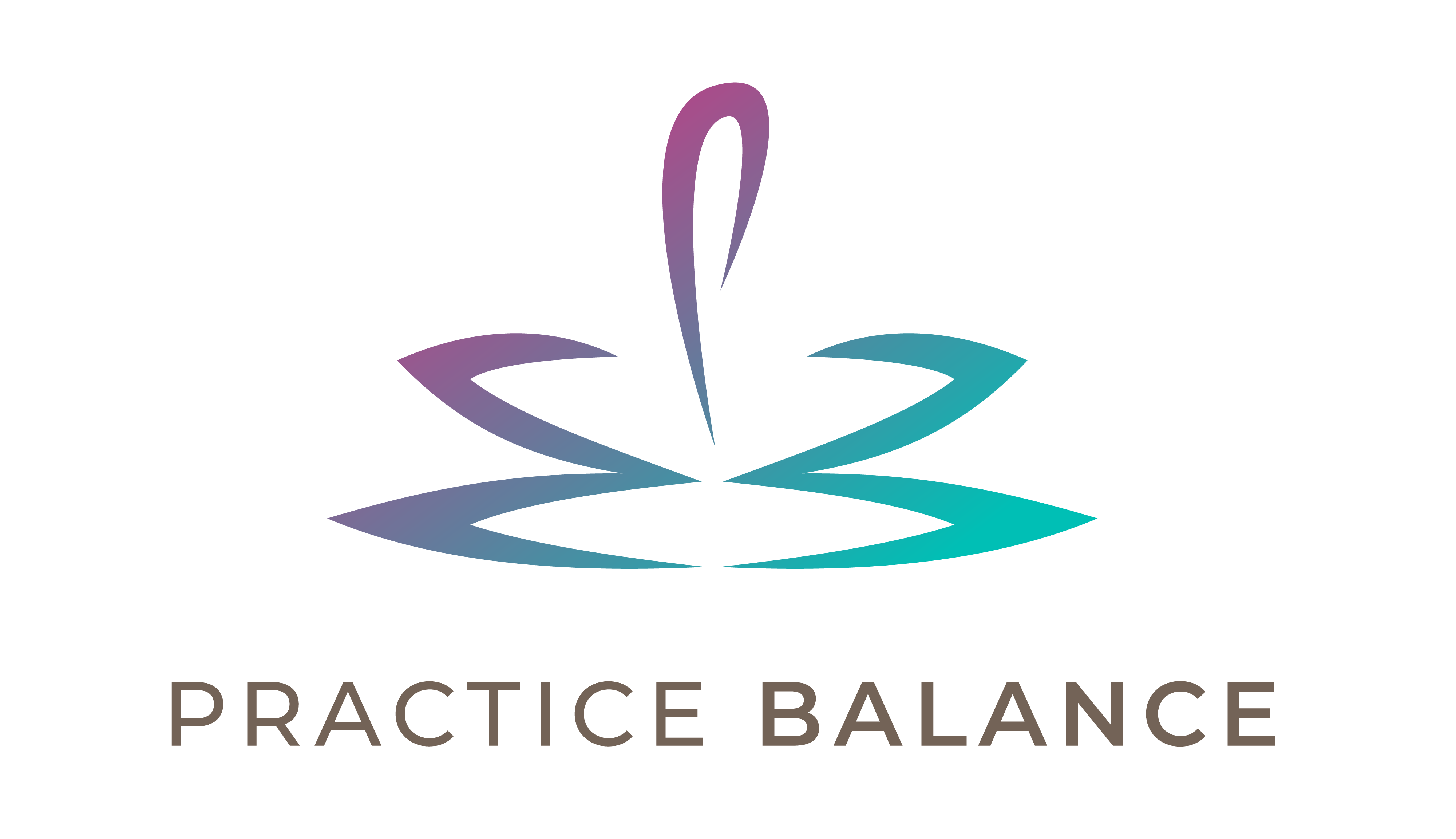Before I continue with my own personal navigation toward balance, I want to define some terms and alert you to the potential problems that unmanaged stress may cause.
“Stress is the spice of life; complete freedom from stress only comes in death.” – Hans Selye, MD
This quote from the originator of the concept, cultivated back in the 1950s, says it all. Of course, stress and our responses to it have been around since the origin of living species. The oft-termed “fight or flight” response of our sympathetic nervous system served a very important purpose in our primitive days, as humans fought for our food, shelter, and the like. How does such a system built into our DNA in order to protect us cause so much harm in today’s modern, professional lifestyles?
Stress becomes an issue when demands on us outpace our ability to respond. Our internal homeostasis becomes unbalanced, resulting in perturbations of the autonomic nervous system, hypophyseal-pituitary-adrenal axis, and the immune system. A key factor in this imbalance is the chronicity of stress. Our internal response systems were designed for acute stressors, not the scenario in which most of us live today: overworked, underslept, undernourished/malnourished, overexercised… take your pick of characteristics that describe your life.
Luckily, stress is both entirely perceptual AND individual. Ever heard the phrase, “One man’s stress is another man’s walk in the park”? The literature on stress reports some common personality traits that predispose individuals to stress, and unfortunately most of them are commonly seen in medical students, law students, graduate students… basically any budding professional:
- Pefectionism
- High achieving
- Tendency towards negative self-talk
- External locus of control (where daily activities may not be the individual’s choice)
We fulfill many roles as we grow into our professions – student, teacher, worker, spouse, parent, caregiver, provider… During our undeniably grueling training for our respective professions, the prevailing culture becomes ingrained: we are taught to be self-denying, expect delayed gratification, and sacrifice our own health/well-being for our patients or clients. Most of us perpetuate these ideas when we become the teachers of the next students… that is, unless your own personal experience leads to a shift or the paradigm for you (like it did me)!
Burnout is a specific syndrome at the negative end of the stress spectrum, characterized by emotional exhaustion, depersonalization, and a reduced sense of personal accomplishment. It is both chronic and irreversible when the individual is removed from the offending conditions. Here is just a sample of headlines from recent publications related to stress/burnout and physicians:
Just a very cursory glance of the literature as it applies to lawyers reveals that these statistics are not unique to physicians. In the March 2010 issue of the Michigan Bar Journal, Burkett likens chronic stress to a form of battery. The heavy emphasis on competition and conflict as an integral part of the profession leads many to seek alternative methods of coping in an environment where “showing fallibility is a weakness”. Subsequently, an estimated 40-70% of the disciplinary actions brought against attorneys are related to substance abuse or mental illness.
I’m not sharing these statistics to be apocalyptic; my goal is to raise awareness of these often under-recognized problems in professional settings. These issues are under-addressed in most graduate schooling, and effective, system-wide proactive stress management programs are scarce. We are often left to our own devices when it comes to figuring out how to manage our stress.


 On Fumes – My Experiences with Stress & Burnout
On Fumes – My Experiences with Stress & Burnout
[…] of these instrumental groups makes more beautiful music than the other. Just like stress, and just like balance, the beauty is in the eye of the […]